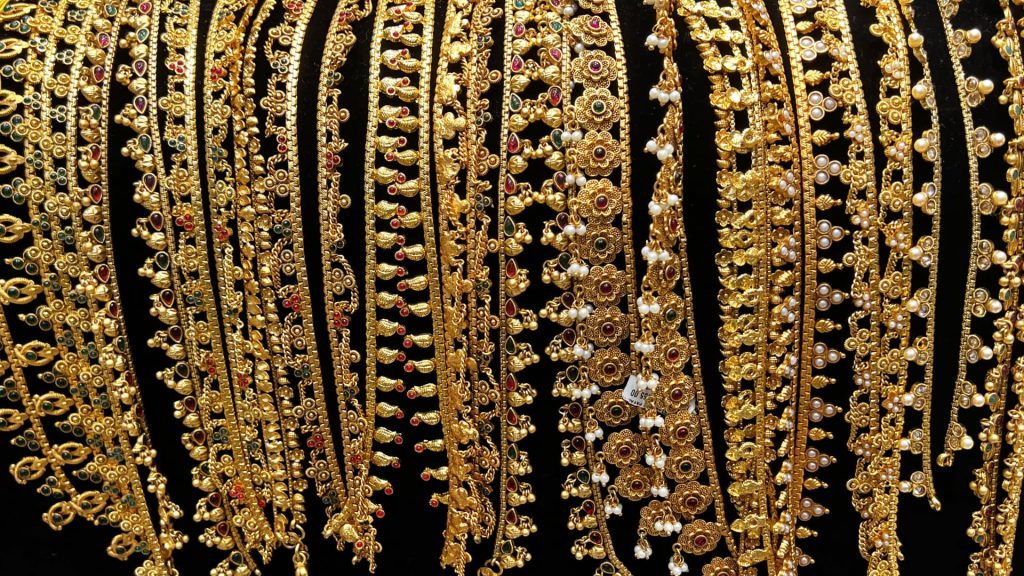India has a long-standing tradition of investing in gold, with the precious metal holding significant cultural and symbolic value in the country. However, BlackRock Founder and Chairman Larry Fink pointed out in his annual letter to shareholders that India’s affinity for gold has not contributed positively to its economy or provided substantial returns for investors. Fink highlighted that while gold can be a store of value, it does not stimulate economic growth in the same way that investments in banks or real estate can. He emphasized the importance of capital markets in driving economic progress, using the example of the United States to illustrate how capitalism can uplift individuals and improve quality of life.
Despite India’s fascination with gold, the country’s central bank, the Reserve Bank of India, purchased 4.7 tons of gold in February, reaching a record high of 817 tons in gold reserves. While gold remains a popular investment choice in India, recent spikes in gold prices could potentially dampen demand for the metal. Kavita Chacko, research head of India at World Gold Council, mentioned that with the general elections on the horizon, the movement of gold and cash will be closely monitored, potentially impacting demand for gold in the coming months. This may indicate a shift in investor preferences away from gold towards other asset classes.
India’s gold consumption is among the highest in the world, with the metal playing a crucial role in various cultural and traditional practices such as weddings and festivals. It is also widely viewed as a safe investment and a symbol of wealth. Investment in gold can take many forms, including purchasing jewelry, investing in exchange-traded funds, and participating in sovereign gold bond schemes. Despite the allure of gold as an asset, Fink’s comments underscore the limited economic benefits that gold investments offer compared to other avenues such as capital markets that have the potential to drive prosperity and financial freedom for individuals and nations.
In contrast to the relatively lackluster performance of gold investments, India’s stock markets have seen significant gains, with institutional investors showing optimism towards Indian stocks that have reached record highs multiple times this year. Fink’s observations draw attention to the divergence between gold’s traditional allure and the potential for greater economic impact through participation in capital markets. As India grapples with decisions on wealth preservation and economic growth, investors and policymakers may need to reconsider the role of gold in their portfolios and explore avenues for diversification and wealth creation that can catalyze broader economic advancement and prosperity for the country as a whole.















